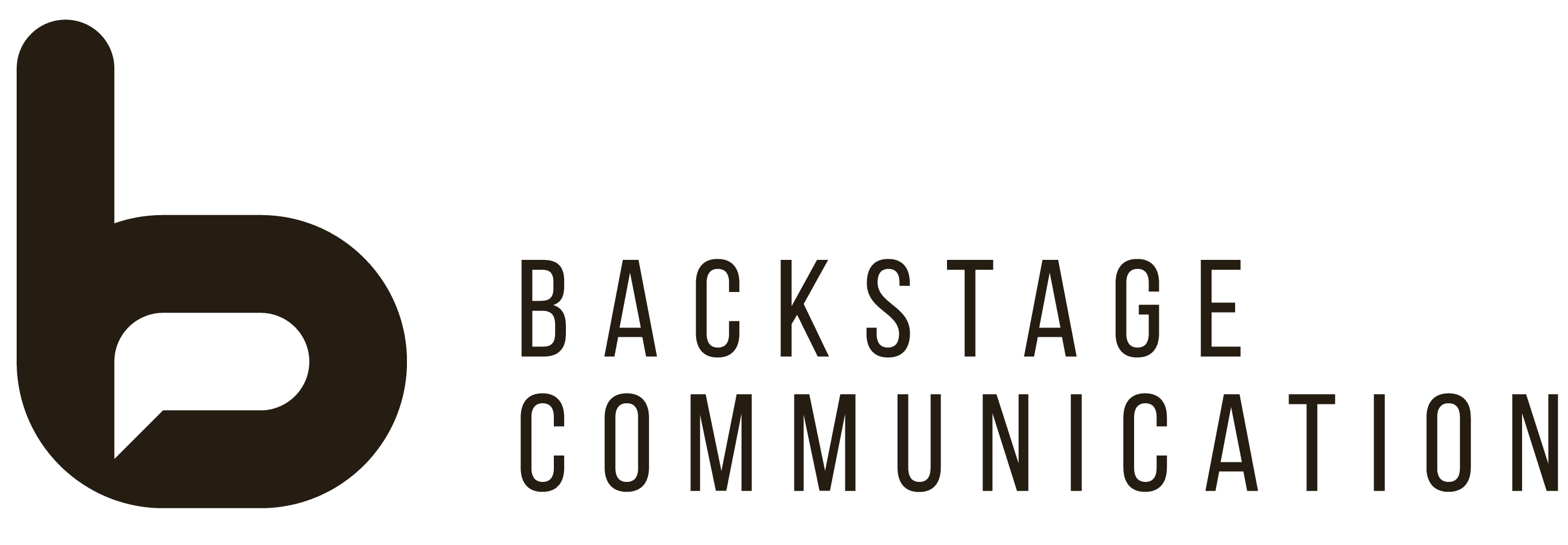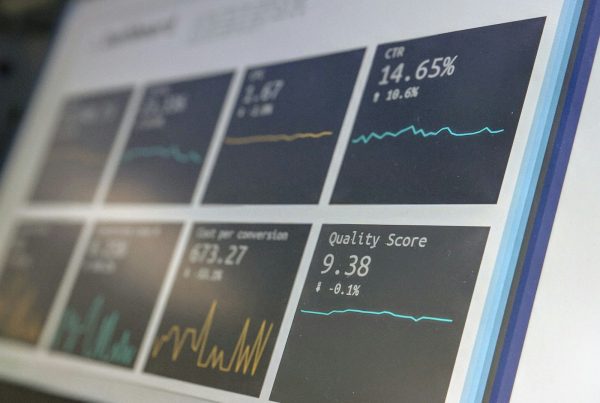Table of Contents
In an era of constant connectivity and rapid information exchange, the likelihood of a crisis affecting any business is greater than ever. Whether it’s a product recall, a scandal involving key personnel, or a catastrophic event, how a company handles a crisis can significantly impact its reputation, customer loyalty, and bottom line. This is where a professional PR agency comes into play. Partnering with a PR agency to build your crisis communication plan is not just a prudent move; it’s a strategic necessity. Here’s why.
Expertise and Experience
Specialized knowledge
Professional PR agencies are equipped with a wealth of experience and specialized knowledge in managing crises across various industries. They understand the nuances of different types of crises and have proven strategies for managing them. This expertise ensures that your company’s response is swift, effective, and minimizes damage.
A PR agency brings a deep understanding of crisis dynamics, allowing them to anticipate potential issues before they escalate. They know what works and what doesn’t, based on years of experience dealing with similar situations. This specialized knowledge is invaluable in crafting a response that is both timely and appropriate, ensuring that your company can navigate the crisis with minimal disruption.
Training and preparation
A crisis communication plan isn’t just about having a response ready; it’s about being prepared. PR agencies provide training for your team, ensuring that everyone knows their role in the event of a crisis. They conduct simulations and drills, preparing your team to respond calmly and efficiently under pressure.
Training encompasses various aspects, including how to communicate effectively under stress, the importance of staying on message, and techniques for handling difficult questions from the media. By preparing your team in advance, a PR agency ensures that your organization can respond quickly and confidently, reducing the likelihood of missteps that could exacerbate the crisis.
Access to resources
Media relationships
One of the significant advantages of working with a PR agency is their established relationships with the media. During a crisis, timely and accurate communication with the media is crucial. PR agencies can leverage these relationships to ensure your message is communicated effectively and reaches the right audience.
Established media relationships mean that a PR agency can secure coverage more easily and ensure that your side of the story is heard. This can be particularly important in a crisis, where controlling the narrative is essential. A well-placed story in a reputable publication can help to mitigate negative publicity and reassure stakeholders that the situation is being handled professionally.
Advanced tools and technologies
PR agencies have access to advanced tools and technologies for monitoring and managing crises. From media monitoring software to social media management tools, these resources allow for real-time tracking and response, ensuring that no aspect of the crisis is overlooked.
These tools enable PR agencies to monitor mentions of your brand across various platforms, identify emerging issues, and respond quickly to negative comments or misinformation. By leveraging these technologies, a PR agency can provide a comprehensive view of the crisis landscape and help you stay ahead of potential problems.
Strategic planning and implementation
Tailored crisis communication plans
Every business is unique, and so is every crisis. PR agencies work closely with your organization to develop a tailored crisis communication plan that fits your specific needs and vulnerabilities. This bespoke approach ensures that your plan is comprehensive and effective.
A tailored crisis communication plan considers the specific risks and challenges faced by your organization. It includes detailed protocols for responding to different types of crises, clear roles and responsibilities for team members, and pre-approved messaging templates. By customizing the plan to your organization’s needs, a PR agency ensures that you are prepared for any eventuality.
Proactive Crisis Management
A proactive approach to crisis management is far more effective than a reactive one. PR agencies help identify potential risks and develop strategies to mitigate them before they escalate into full-blown crises. This proactive stance can prevent many crises from occurring in the first place.
Proactive crisis management involves regular risk assessments, scenario planning, and the development of early warning systems. By identifying potential vulnerabilities and addressing them proactively, a PR agency can help you avoid many common pitfalls and ensure that your organization is better prepared to handle unexpected challenges.
Protecting and enhancing your reputation
Reputation management
Your company’s reputation is one of its most valuable assets. A professional PR agency focuses on protecting and enhancing your reputation during a crisis. They work to control the narrative, manage public perception, and ensure that your company emerges from the crisis with its reputation intact.
Reputation management involves not only responding to the immediate crisis but also taking steps to rebuild trust and confidence among your stakeholders. This might include public apologies, corrective actions, and ongoing communication to demonstrate transparency and accountability. By focusing on long-term reputation management, a PR agency helps you maintain a positive image even in the face of adversity.
Consistent Messaging
Inconsistent messaging can exacerbate a crisis and damage your credibility. PR agencies ensure that your messaging is consistent across all channels and stakeholders, maintaining clarity and trust.
Consistent messaging is critical in a crisis, as it helps to avoid confusion and ensures that everyone receives the same information. A PR agency works with your team to develop key messages, coordinate communication efforts, and monitor the effectiveness of your messaging. This ensures that your organization speaks with one voice, reinforcing your commitment to resolving the crisis and maintaining transparency.
Importance of Media Training for the Spokesperson
In a crisis, the spokesperson becomes the face of the company. It is crucial that this person communicates effectively, maintaining composure and delivering clear, accurate messages. Media training provided by PR agencies equips the spokesperson with essential skills such as handling tough questions, staying on message, and projecting confidence. This training helps prevent miscommunication and ensures that the spokesperson can effectively manage the narrative, thereby protecting the company’s reputation and mitigating the crisis’s impact.
Media training includes techniques for managing difficult interviews, staying calm under pressure, and using body language effectively. It also covers the importance of honesty and transparency, helping the spokesperson to build trust with the audience. By preparing the spokesperson thoroughly, a PR agency ensures that they can represent the company effectively and maintain a positive public image during the crisis.
Crisis recovery
Post-crisis analysis
After a crisis, it’s essential to analyze what happened, how it was handled, and what can be improved. PR agencies conduct thorough post-crisis analyses, providing insights and recommendations to enhance your crisis communication plan and prevent future issues.
Post-crisis analysis involves reviewing the timeline of events, evaluating the effectiveness of your communication strategies, and identifying any gaps or weaknesses in your response. This analysis helps to pinpoint areas for improvement and develop more robust procedures for future crises. By learning from each crisis, a PR agency helps you to continuously refine and strengthen your crisis communication plan.
Reputation rebuilding
Recovering from a crisis doesn’t end when the immediate issue is resolved. Rebuilding your reputation and restoring public trust is a long-term process. PR agencies guide you through this recovery phase, implementing strategies to regain and strengthen your reputation.
Reputation rebuilding involves ongoing communication with your stakeholders, demonstrating your commitment to transparency and accountability. This might include regular updates on corrective actions, community engagement initiatives, and efforts to address the root causes of the crisis. By taking a proactive approach to reputation rebuilding, a PR agency helps you to restore trust and confidence among your stakeholders.
Cost-effectiveness
Mitigating Financial Losses
The cost of a poorly handled crisis can be astronomical, not just in terms of immediate financial losses but also long-term damage to your brand. Investing in a professional PR agency to build and manage your crisis communication plan can mitigate these losses, making it a cost-effective strategy in the long run.
By managing the crisis effectively, a PR agency can help to minimize the financial impact of negative publicity, legal liabilities, and lost sales. They can also assist with insurance claims and other financial recovery efforts, ensuring that your organization can recover more quickly and with less long-term damage.
Saving time and resources
Handling a crisis internally can divert significant time and resources away from your core business activities. PR agencies allow you to focus on your business while they manage the crisis, ensuring a more efficient use of your resources.
By outsourcing crisis management to a PR agency, you can free up your internal team to focus on their primary responsibilities, reducing the overall disruption to your operations. This allows you to maintain productivity and continue serving your customers, even during a crisis.
Building long-term resilience
Strengthening organizational resilience
Working with a PR agency to develop your crisis communication plan also strengthens your overall organizational resilience. By embedding crisis management practices into your company culture and operations, you build a more robust and prepared organization.
Organizational resilience involves not only preparing for crises but also developing the capacity to adapt and thrive in the face of adversity. A PR agency can help you to implement best practices, conduct regular risk assessments, and foster a culture of continuous improvement. This ensures that your organization is better equipped to handle future challenges and emerge stronger from any crisis.
Enhancing stakeholder confidence
A well-prepared crisis communication plan demonstrates to stakeholders—employees, customers, investors, and partners—that your company is capable and reliable even in challenging times. This confidence can be invaluable in maintaining strong relationships and support.
Stakeholder confidence is built on trust and transparency. By demonstrating your commitment to effective crisis management, you can reassure your stakeholders that you are prepared to handle any situation and protect their interests. This can help to maintain customer loyalty, attract investment, and foster positive relationships with key partners.
Conclusion
In conclusion, partnering with a professional PR agency to build your crisis communication plan is a strategic investment in your company’s future. From leveraging expertise and resources to protecting your reputation and ensuring long-term resilience, the benefits are clear. In an era where crises can strike without warning, having a robust, well-prepared crisis communication plan managed by professionals is not just wise—it’s essential.
By taking proactive steps now, you can navigate future crises with confidence and emerge stronger, preserving the trust and loyalty of your stakeholders and securing your company’s reputation and success. A professional PR agency provides the expertise.





